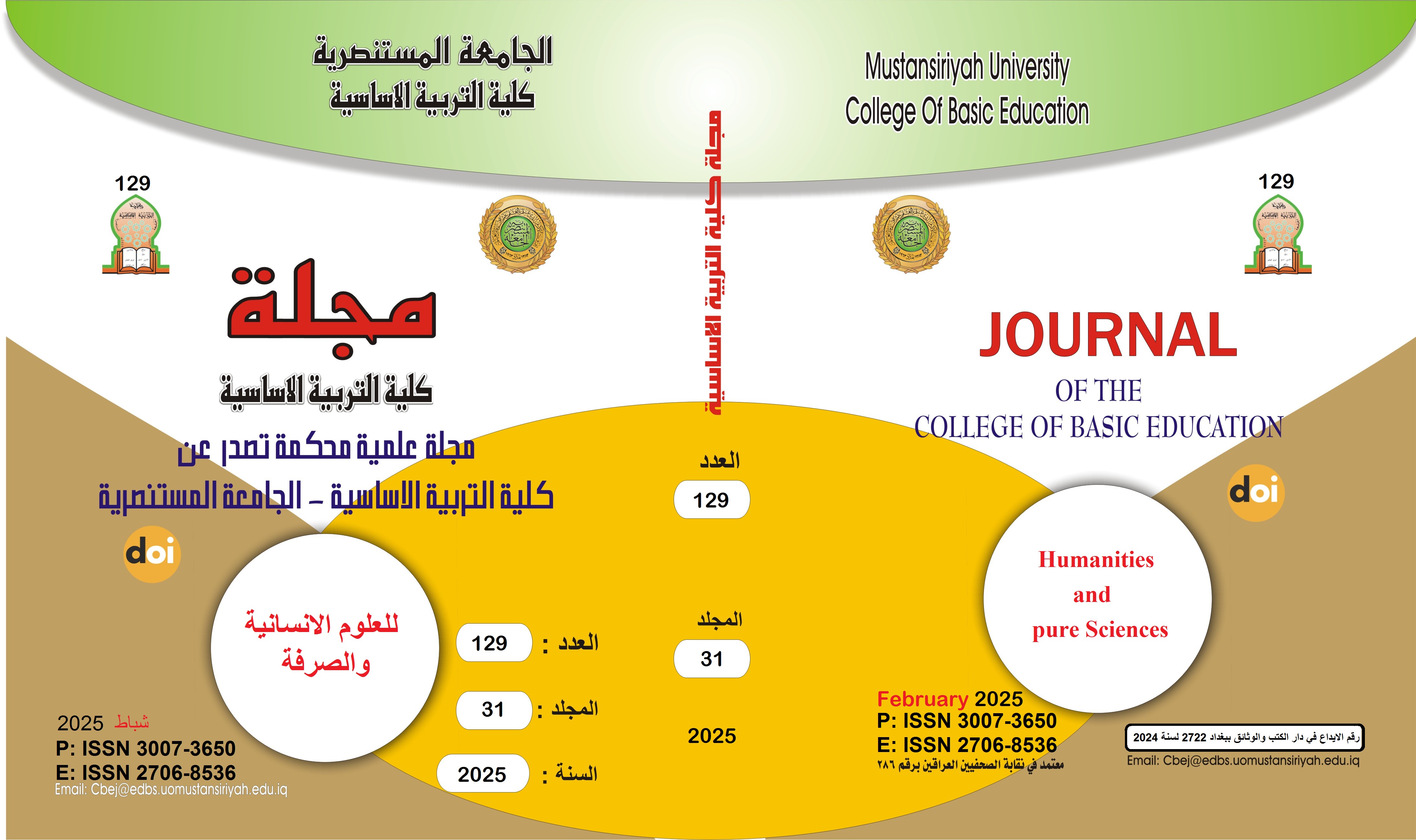Job Rotation And Its Relationship To Psychological Empowerment of Employees of The Second Rusafa Education Directorate
Main Article Content
Abstract
The research aims to identify the level of job rotation and psychological empowerment of employees of the Second Rusafa Education Directorate in Baghdad. The researcher used the descriptive approach using survey methods, standard studies and correlations to suit them in building and standardizing the scales. Research community and samples The research community consisted of employees of the Baghdad Rusafa 2 Education Directorate, where their number reached (259), including the research samples: The research samples were divided into a survey experiment sample, a scientific conditions sample and an application sample for both scales. The researcher used two modern scales for job rotation and psychological empowerment. The researcher extracted all scientific and research procedures for the two scales through survey experiments and extracting coefficients, discrimination ability, validity, reliability and objectivity. He relied on the statistical bag with some means to reach research results that led to the most important conclusions, including the existence of a direct relationship between job rotation and job satisfaction, indicating that employees who underwent job rotation were more satisfied with their jobs. Job rotation helps reduce turnover rates, as employees feel more value for their work within the directorate. The research recommendations include promoting a culture of change within the directorate through training and awareness programs on the importance of job rotation. Establishing mechanisms to evaluate job performance before and after job rotation to measure its effectiveness and impact on psychological empowerment.
Article Details

This work is licensed under a Creative Commons Attribution-ShareAlike 4.0 International License.
